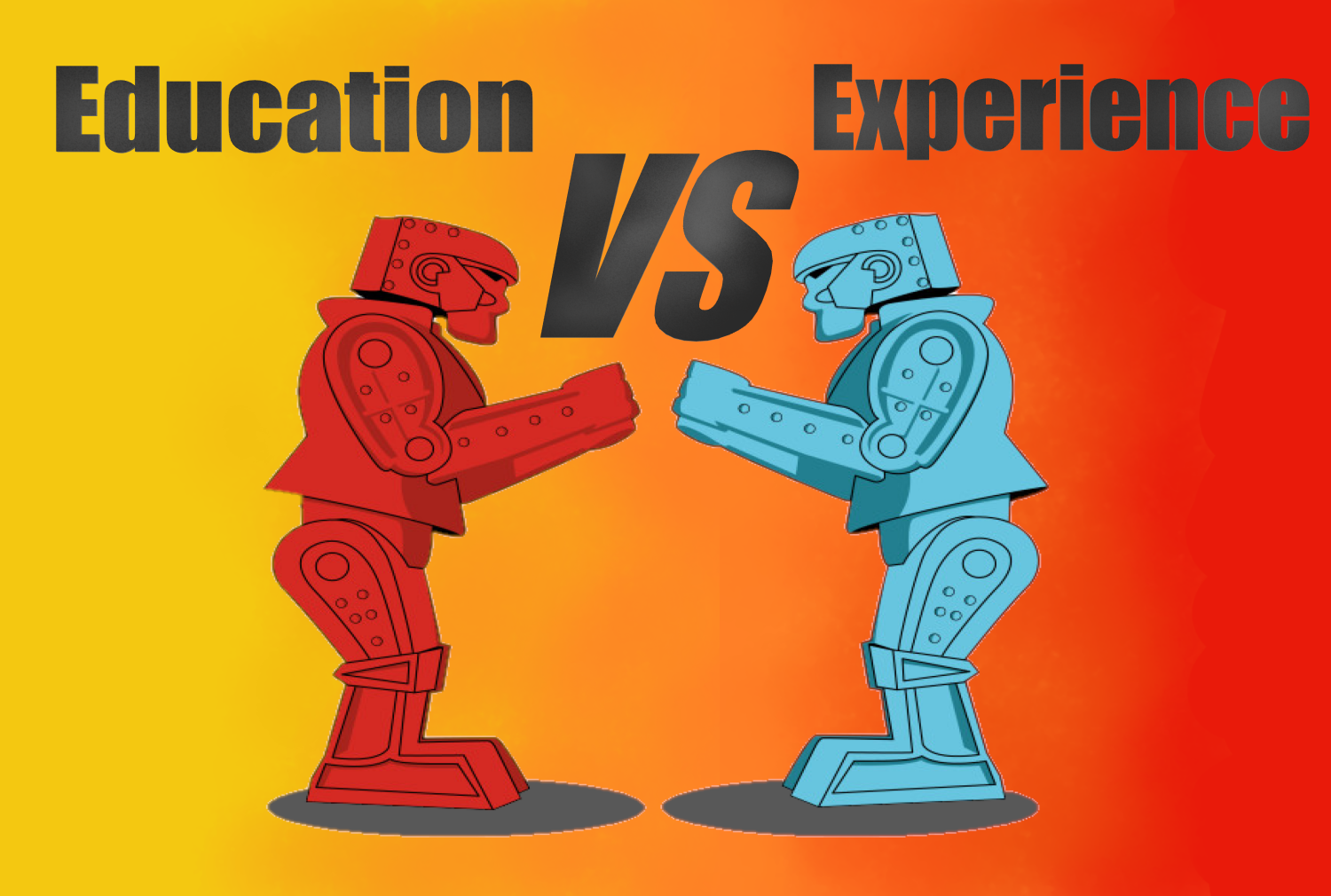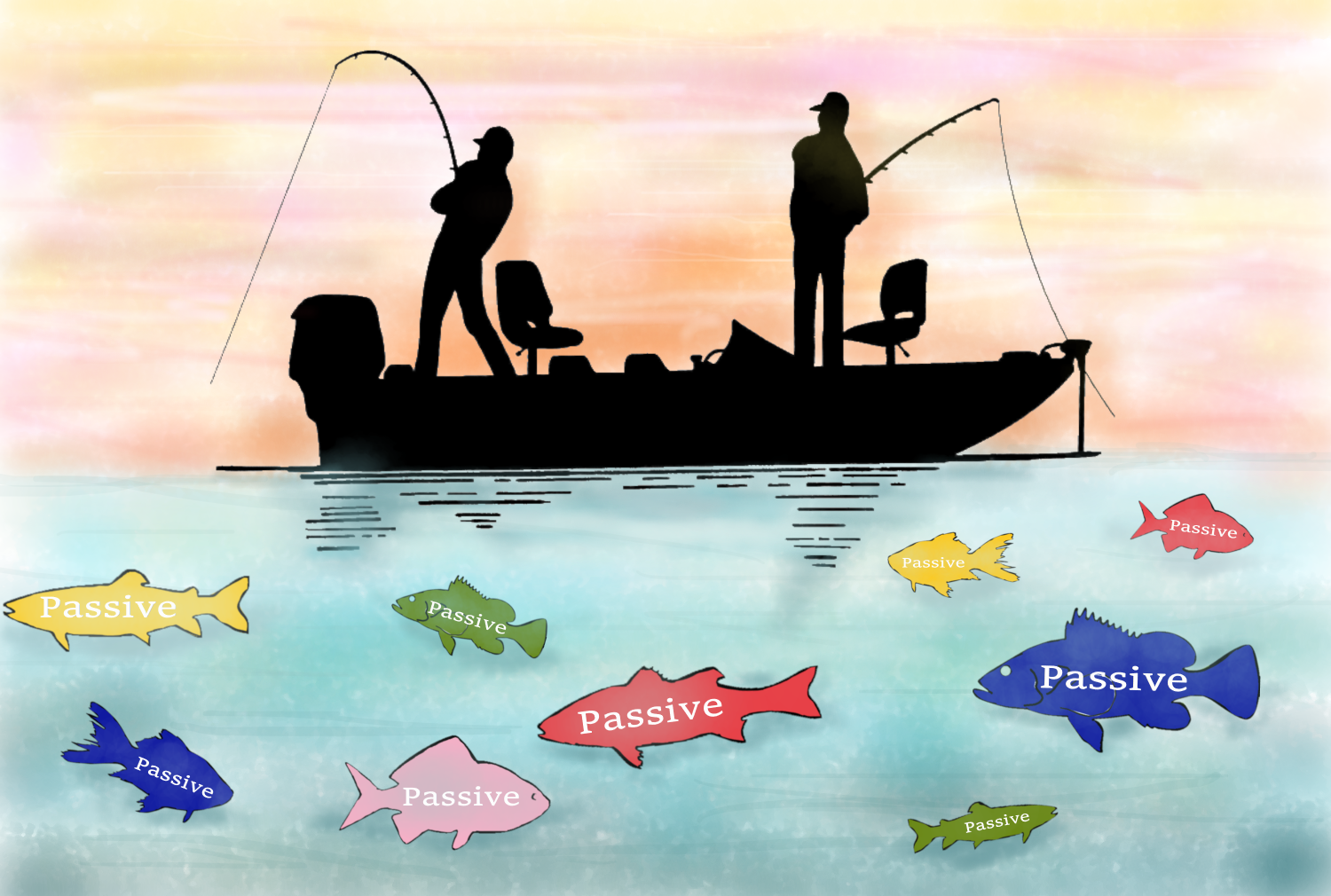Good copywriting is always a great value-add for any business. It helps communicate to prospective customers the value of your brand / product, and drives them to take action. Well-written copy creates intrigue and attraction in the consumer’s mind.
Meet Nicole Iman, a veteran copywriter who has spent 13 years in Advertising, Marketing and Business Development roles for reputable companies. We decided to sit down with Nicole for some coffee and got to know more about her and her love for writing great copy.
What do you love most about copywriting?


Puzzle solving, really. The client has hired me to solve a problem. They want their target audience to take a specific action and I need to figure out which words will make them do just that. There are infinite options for solving each problem, and I enjoy taking what pieces of information exists and putting the puzzle pieces together to find a solution.
I look at it this way, the company I write for has a solution (be it a product or a service), and it’s up to me to communicate that solution to the audience that needs to hear about it. And the way I do that is by using words that people can relate to.
I think I’d go crazy if I had the kind of job where you do the same thing every day. I like variety. I like having the opportunity to do different things and I like finishing a day of work feeling like I’ve solved a problem. I get that from copywriting. It makes me feel energised so much so that sometimes when I’m deep in writing the day goes by so quickly. The concept of “flow” otherwise known as “being in the zone” explains my love of copywriting. The way to get into the zone is to combine something you’re good at with something that challenges you. And that’s exactly what copywriting does for me.
It’s really an amazing feeling to create work that you see out in the world! The first time I saw advertisements with my words on it, I knew this job was for me!
As a copywriter you must always know the right things to say?
In fact, most of the time it’s the complete opposite, I don’t, I’m far from the perfect conversationalist. I find it hard to articulate myself verbally on the spot. As a writer my thought process is inward, and writing helps me to organise my ideas – I can chew on them, turn them over in mind, look at them from each angle, find competing ideas and challenge them. This is not a quick process but if you give me the opportunity I’ll definitely find the right thing to say.
Does that mean writing is time-consuming?
Yes and no. For me, I value the different way of thinking that writing affords. Like a good song, I think there’s a rhythm to writing that catches words we may not ordinarily hear. I also think there’s a split second that occurs between thinking of something and writing it down that makes a sentence take a completely different form when written. I love this about writing.
There is also the pressure of knowing that writing leaves a permanent record. So, a good writer will take time to make sure there is consistency between messages, especially if they are being published on different platforms. At least, I think this is what a good writer should do. I often find inconsistencies across platforms and I’m a strong advocate for integration to build credibility and see results. You can’t say one thing on one platform and another thing on another platform and expect the audience to believe you. Yes, it can and should be worded differently to suit different styles of each platform and to achieve maximum impact, but the underlying foundation of the message must be built on consistent values.
How do writers think differently?


I read an article that I will always remember. It reported that a Harvard Psychologist likened writing to the thought process of mathematicians who think differently when proving algorithms. He suggested that if you did an M.R.I of a writer you would see regions of the brain lighting up that would barely flicker when we talk. You see, during a conversation we can have several responses to one question — but those responses are filled with emotions from our short-term memory which become half-baked positions when our long-term memory kicks in mid-sentence.
In these instances, I long to sit down and sift through those thoughts before committing to anything. But in the age of “instant everything” this isn’t always an option, especially if I’m trying to sell my services. So, I’ve learned how to inject my opinion in conversations without feeling dumb by saying “I’m thinking out loud here.”
In this case, what the person will hear is me exploring one possible path, and then turning back and heading down another path. They might hear me go down three or even six different paths and yes, I might seem lost, but I’m not. I’m exploring. Given the opportunity to go back and organise my ideas, what would be delivered is something completely different to what I have said.
Does that mean writing is very difficult?
Again yes, and no. If you look at it this way, for most of us talking comes before learning to write. Even if we know at a young age what we might want to write, obviously speaking is easier. So, I think it’s fair to suggest that talking is generally easier.
But, even after we’ve mastered the physical ability to write, and even after our writing vocabulary exceeds our speaking vocabulary, as it eventually does for most educated adults, what makes writing hard is knowing what to write. Knowing what information needs to be conveyed isn’t easy and the pressure is intensified by the challenge of writing clearly, intelligibly, accurately and, interestingly.
The other difficulty is in knowing how much detail to give. It’s not easy to know what the reader does not know, and to me, the worst style of writing is one that patronises someone. On the flip side, it’s also easy to forget that the other person may not have some of the information that the person sending the message has so incomplete writing is also a challenge.
Writing also tends to be done under conditions that yield no instant response from the reader. In a conversation a person can contradict themselves and abandon a position they had stated earlier. But this is not acceptable when writing. So, a writer needs to be careful what they commit to. There is also no opportunity for a writer to respond to any lack of understanding, misunderstandings, or disagreement (at least not immediately), so this adds to the difficulty.
How do you know the difference between a good writer and an average writer?
It varies a lot depending on what you are writing but generally, if you can take out a section of what they’ve written, and the remainder of the piece doesn’t make sense or has less impact, you know you’ve found a good writer. Every word should count. A good writer would have done their research and their writing will be so integrated that changing any part of it is extremely difficult to do; it may even involve writing the whole piece again from the beginning – that’s when you know you’ve found a good writer. This is also the reason why it’s hard for a writer to write in stages. Take a website for instance, with different pages. Often a client will want to see progress and will request each section in parts. I do understand this but if you find a writer you trust, give them the freedom to write your website in its entirety and I’m sure you’ll find they deliver a much stronger final product.
Do you need to have a background in Sales and Marketing to be a copywriter?
Not necessarily. Interestingly, I’ve read that people who have an interest in theatre, and psychology tend to be good writers. I’m not a theatre-goer myself, but I’ve always been a film buff and I’m the kind of moviegoer who always put myself in the characters shoes and can even walk out heartbroken if there’s a sad ending. It’s the reason I can’t watch horror movies, I’ll be petrified for days. Outside of movies, I’m the kind of person who likes to figure out exactly what makes a person tick and what drives them, and I really do think this helps me improve my writing.
How did you end up being a copywriter?
I’ve had exposure to other areas of sales and marketing, but I only ever joined the copywriting side of things. In other roles, I felt like I was forcing stuff on someone and I don’t believe that is true marketing; it’s just pushing, and I don’t enjoy it. I believe real and effective marketing is about authenticity. To me, this means sharing a vision and sharing values which in turn helps form a community of like-minded individuals. I don’t want to force people with my words, I want to allow them to make their own decisions, but I want them to make their decisions after truly understanding the values of the product or service available, and that’s exactly what I do when copywriting. At the end of the day, people don’t buy the products that are created, they buy the stories that are told. I tell stories.
—
Should you wish to get in touch with Nicole, please visit her profile here!














